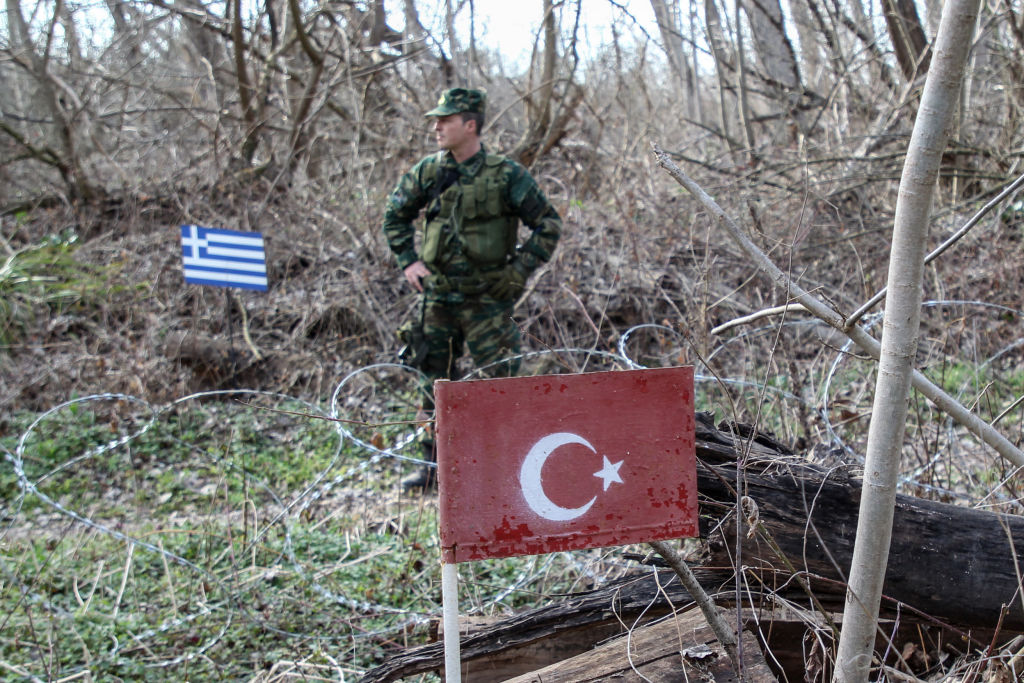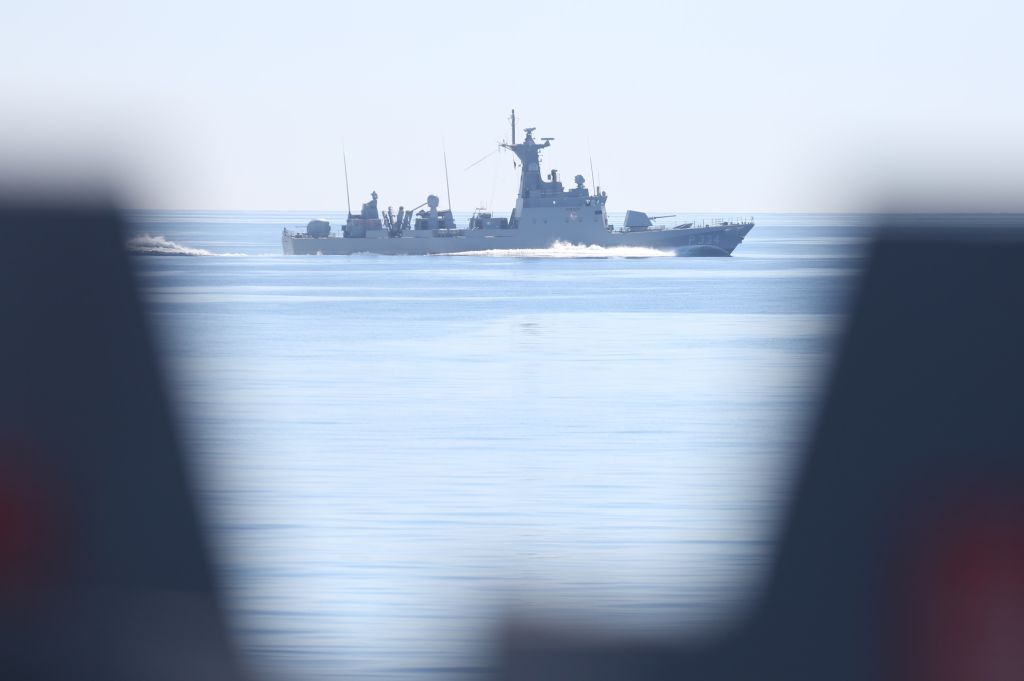In 2024, a global anti-incumbent election wave

In a year in which political incumbents around the world were either voted out of office or forcibly removed from power, one statement, repeated in various forms by Mohammad Al Gergawi, the United Arab Emirates’ minister of cabinet affairs, stands out: ‘The role of government is to design a future which gives citizens hope.’ Looking ahead to 2025, political leaders should take this message to heart and shift their focus from constant crisis management to crafting a bold, hopeful agenda.
The global anti-incumbent wave has been breathtaking. In March, Senegalese President Macky Sall was decisively defeated after trying and failing to postpone the presidential election. In June, the African National Congress, which had ruled South Africa since the end of apartheid, lost its majority for the first time in three decades, forcing the party to form a coalition government. The same month, Indian Prime Minister Narendra Modi’s Bharatiya Janata Party also lost its parliamentary majority.
This trend continued through the summer and fall. In July, the Labour Party won Britain’s general election in a landslide, ending the Conservative Party’s 14-year rule. In October, Japanese Prime Minister Ishiba Shigeru’s ruling Liberal Democratic Party lost its majority for the first time since 2009. Then, earlier this month, Michel Barnier became the first French prime minister to be ousted by a no-confidence vote since 1962. A few days later, German Chancellor Olaf Scholz lost a vote of confidence, paving the way for an early election, while Canadian Prime Minister Justin Trudeau fired his finance minister, plunging his country into political uncertainty.
Other established leaders were ousted by popular uprisings. In August, Bangladeshi Prime Minister Sheikh Hasina fled the country aboard a military helicopter as protesters stormed her official residence. And Syrian President Bashar al-Assad was forced to flee to Russia after his regime collapsed in December.
Why are incumbents losing? One possible explanation is social media. Studies have shown that increased internet access often erodes trust in government and deepens political polarisation. In the United States, for example, Democratic and Republican-leaning voters have become increasingly polarised, with each side becoming more deeply entrenched in its partisanship.
Social media fosters connection between people who consume similar content, reinforcing their worldviews and amplifying the psychological effect known as ‘conformity’. Social media algorithms act as powerful megaphones for simple, emotionally charged messages, making these platforms fertile ground for conspiracy theories and fearmongering.
But while early evidence suggests that social media bolsters support for far-right populists, recent election results show that this is not always enough to gain power. In Mexico, Spain, Greece, Ireland, Britain, Japan and South Africa, incumbents or other mainstream parties won, albeit significantly weakened.
Consequently, one clear takeaway from this historic election year is that governments must learn to use social media more effectively. A good place to start is to engage directly with voters’ concerns. Earlier this year, two advisers to Prime Minister Sir Kier Starmer visited the town of Grimsby in northeastern England and asked residents to describe the government in one word. The responses they received mirror what I have heard in many other countries: ‘irrelevant’, ‘authoritarian’, ‘distant’, ‘elitist’, ‘inaccessible’, ‘self-serving’, ‘unambitious’, ‘untrustworthy’, a ‘joke’.
Another major takeaway is that to restore trust, leaders should focus on economic growth and citizens’ empowerment. A comprehensive 2022 study of the political economy of populism highlights strong evidence that economic conditions, such as rising unemployment and cuts to social spending, have a profound impact on people’s views of government.
This helps explain why voters in Spain and Greece in 2023 and in Ireland this year chose to re-elect incumbent leaders, while French voters rejected the ruling party. In 2022, Spain’s economy grew by 5.7 percent and Greece’s by 6.2 percent. By contrast, in Germany, which will hold an early election after the government lost a parliamentary no-confidence vote, the economy shrank by 0.3 percent in 2023 and is expected to contract by 0.1 percent in 2024. France fared slightly better, with GDP projected to grow by 1.1 percent this year, after growing by 0.9 percent in 2023.
Beyond boosting short-term economic growth, political leaders must consider the future they are offering their citizens. Too many politicians’ and policymakers’ plans are limited to annual budget cycles and focused largely on cuts. Meanwhile, voters—grappling with rising living costs, post-pandemic austerity and a pervasive sense that they have lost control over their lives—need leaders who give them reasons for hope.
Budgetary constraints should not be an excuse for failing to envision a better future. Some of the boldest government initiatives have been conceived during times of economic hardship. Notable examples include US President Franklin D Roosevelt’s New Deal in the 1930s, Britain’s postwar welfare state, Dubai’s post-1958 infrastructure boom and Singapore’s rapid development after 1959.
Political leaders must draw inspiration from these bold programs and be more ambitious in addressing the root causes of their citizens’ frustrations. The good news is that every country and community has creative individuals, in both the private and public sectors, whose work requires them to think ahead and plan for the future. Leaders must identify and reach out to such visionaries, who are rarely included in policy discussions, and leverage their expertise.
A politics of hope is essential to restoring faith in democratic institutions. In Grimsby, local residents said they longed for a politics that is ‘realistic’, ‘meaningful’, ‘passionate’, ‘hopeful’, and ‘empowering’. A government that can fulfill these aspirations will prove itself worthy of its citizens’ trust.


